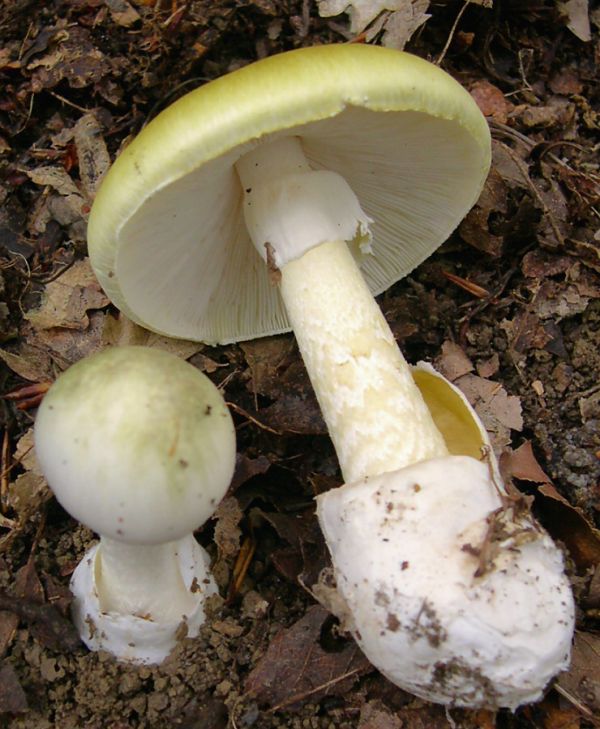
Amanita phalloides, also known as the Death Cap mushroom, is extremely toxic to humans. Consumption of as little as 30 grams of the fungus can result in death. | Image: Ak ccmWhile humans have learned new skills in modern times, such as how to operate a selfie stick, we have lost a number of proficiencies throughout the ages that our ancient ancestors needed to thrive in their lifetimes. The linked article at i09 highlights and discusses six such skills with the input of Klint Janulis, an anthropologist completing his doctorate in prehistoric archaeology at the University of Oxford.
One such skill modern peoples no longer have is the knowledge of what in nature is edible and medicinal. According to Janulis, such detailed knowledge would have been passed down from generation to generation. He says,
“That accumulated knowledge of the plant world not only was specific to each ecosystem, but would have contained the nuances of conditions, appearance, and preparation that those of us who study survival and ethnobotany can’t hope to fully replicate without that generational knowledge guiding us,”The article continues,
Today, the best thing we have when confronted with a similar situation is the so-called “universal edibility test.” This rather imperfect test involves the graduated introduction of a given plant to the body in a series of steps. It starts by placing the plant on the skin, and then introducing it to an abraded area, then lips, tongue, and finally a small amount of consumption. Between each step, the person is supposed to wait and assess their reaction to the plant. “This method is debated as some plants have chemicals that have a delayed onset reaction and it may take much more time for the toxins to harm you than the test allows, particularly with fungus,” says Janulis.Read about other survival skills we've lost to our ancient ancestors here.
In regards to medicine, it’s worth noting that some degree of self medication has been observed in other primates as well. It’s likely that humans have been doing this for eons.

No comments:
Post a Comment